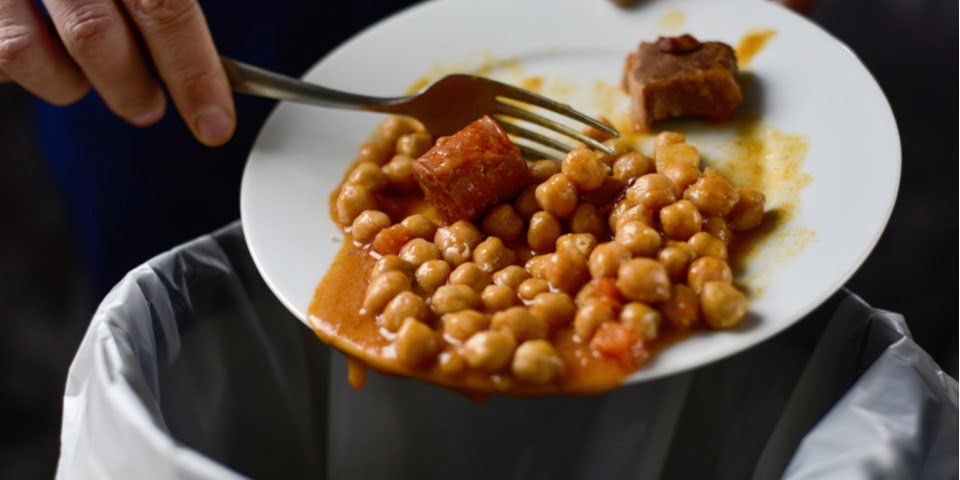Food waste is a crisis for Australians, who throw away a shocking 3.1 million tonnes of edible food each year. But new research offers hope for 2019.
Three-quarters of Australian adults (75 per cent) surveyed admit to being food wasters. And more than half (56 per cent) who throw out food do so at least weekly.
The good news is that many now recognise the scale of the problem and want to change their behaviour in the new year.
The research comes from FoodSaver, which describes itself as the maker of “the world’s leading vacuum sealing system”.
Good intentions, bad habits
FoodSaver ANZ Brand Manager and food-preservation advocate Nicole Norton said: “It’s the forgotten leftovers and spoiled fresh produce contributing the most to Australia’s food-waste problem. Aussies have good intentions when it comes to consuming their food, but modern life gets in the way.”
FoodSaver’s research identified the three leading reasons for food waste as:
- Not using food by the expiry date (56 per cent of respondents).
- Buying too much food (43 per cent).
- Change of plans (43 per cent).
Many Aussies also fail to make the connection between their food-waste worries and their own behaviour. Half surveyed are concerned about food waste in general and three-quarters (73 per cent) feel guilty and frustrated about it. Yet only one third are concerned about their own personal food waste.
The fightback begins?
However, FoodSaver’s research also suggests attitudes are changing.
It found that 51 per cent of survey participants said they feel motivated to reduce their food waste in 2019. Among the findings:
- 49 per cent of respondents say they’ll start planning meals better.
- 38 per cent say they’ll use current produce before buying new food.
- 36 per cent say they’ll use better storage to prevent food going off.
Just nine per cent of respondents surveyed store fresh products in the fridge in vacuum sealers. But more than half (52 per cent) say they’ll consider using them in 2019.
“While vacuum sealing foods at home is not as widespread as other forms of food storage, there’s increased interest from consumers,” Ms Morton said.
“Vacuum sealing preserves food and doesn’t just store it. We know that Australians are keen to consider food vacuum sealers in the future.”



